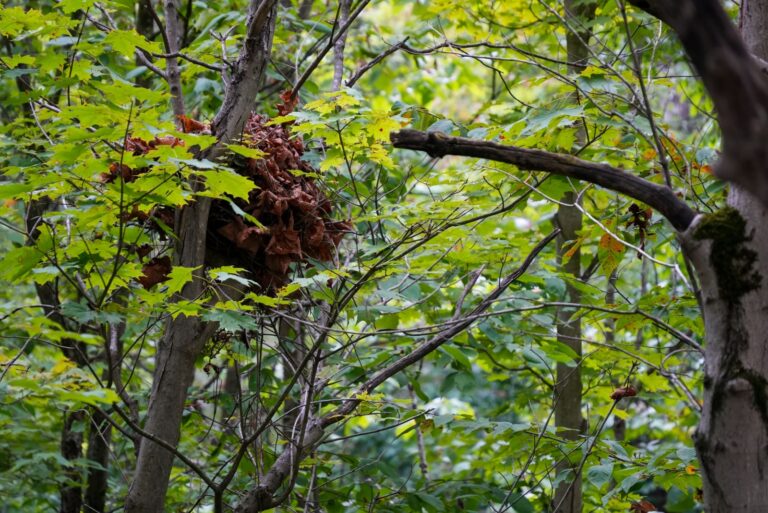Who Is Accountable When A Neighbor’s Tree Falls Into Your Yard In Massachusetts
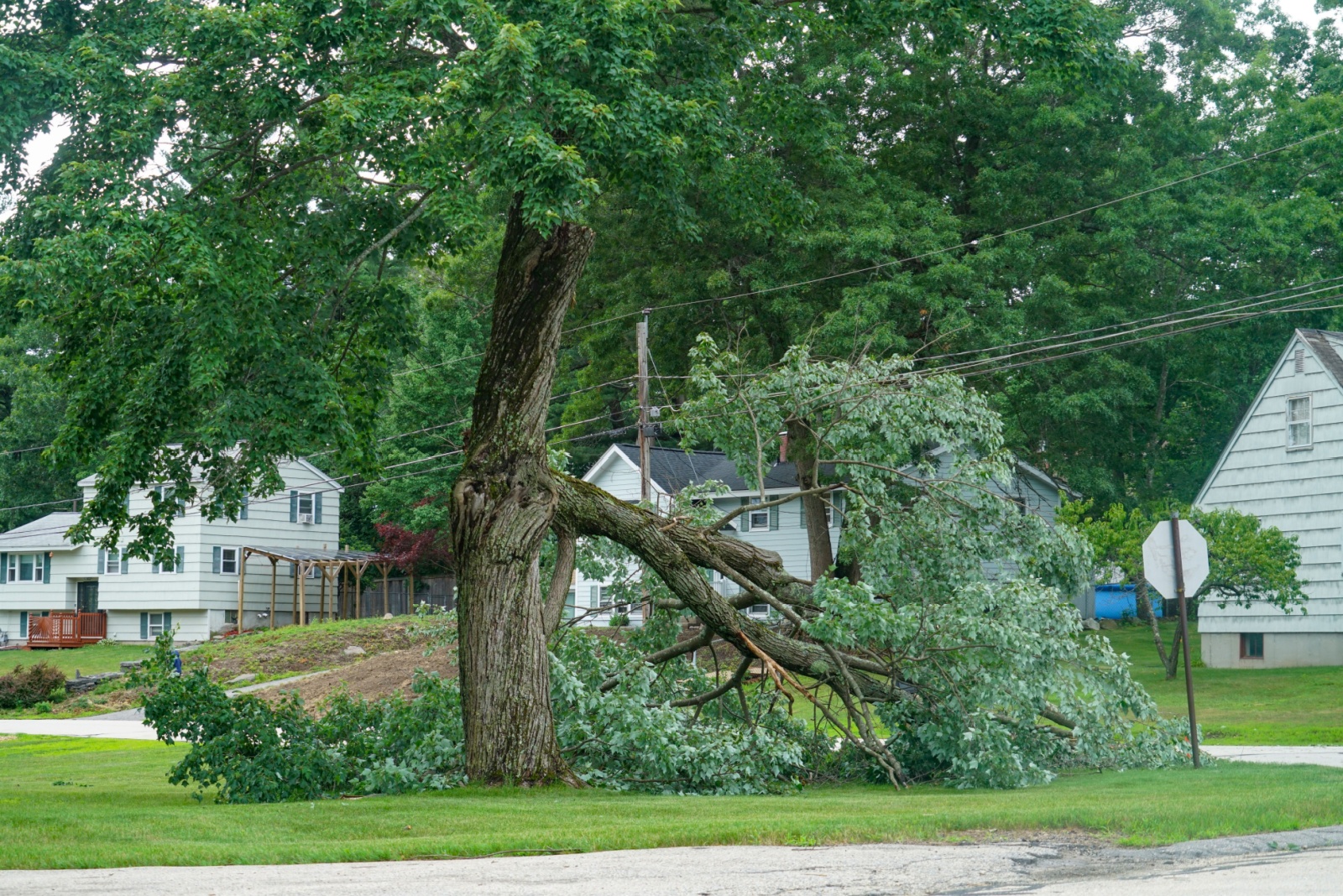
A neighbor’s tree crashes into your yard in Massachusetts, and suddenly the calm of home life feels upside down. One moment you sip coffee, the next you stare at a trunk sprawled across your fence like an uninvited guest.
Who steps up to fix the mess? Who foots the bill? Law, custom, and common sense tug in different directions, and the truth often hides in the fine print. This situation turns into a real test of responsibility, boundaries, and good old New England neighborly wisdom.
1. Understanding Massachusetts Property Law Basics
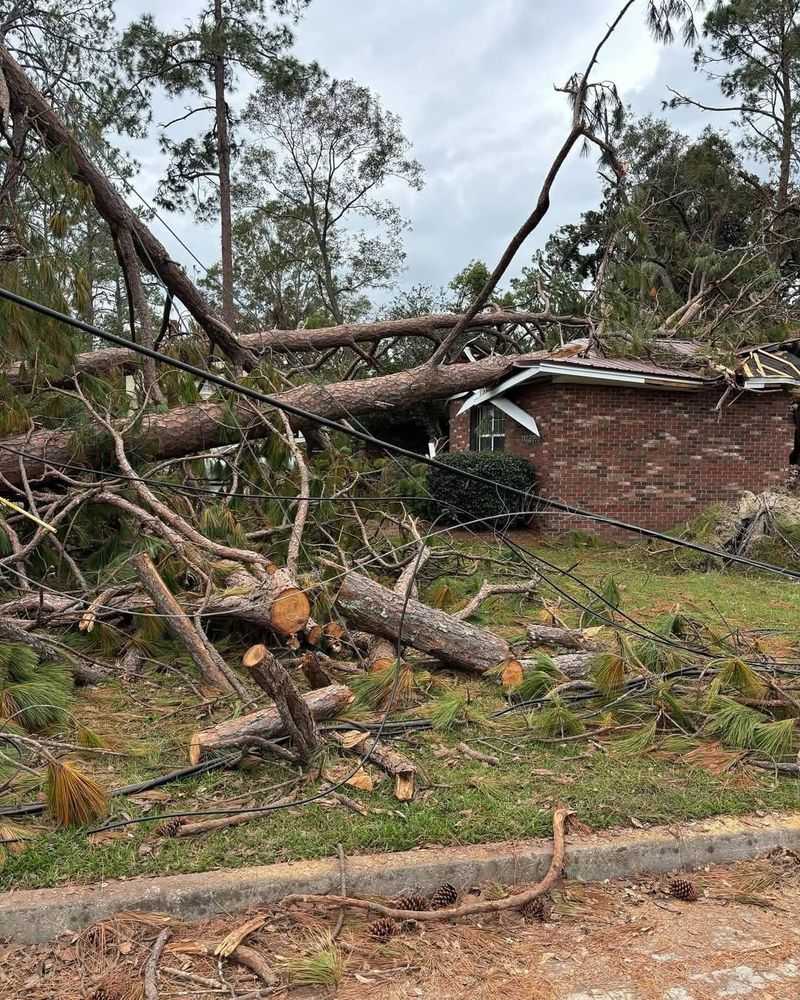
Massachusetts follows a specific rule when trees fall across property lines. Generally, property owners are responsible for damage on their own land, even if the tree came from next door.
This means you typically handle cleanup and repairs yourself. However, exceptions exist when negligence is involved. Courts look at whether the neighbor knew about tree problems beforehand and ignored them.
Documentation becomes your best friend in these situations.
2. Proving Neighbor Negligence Is Key
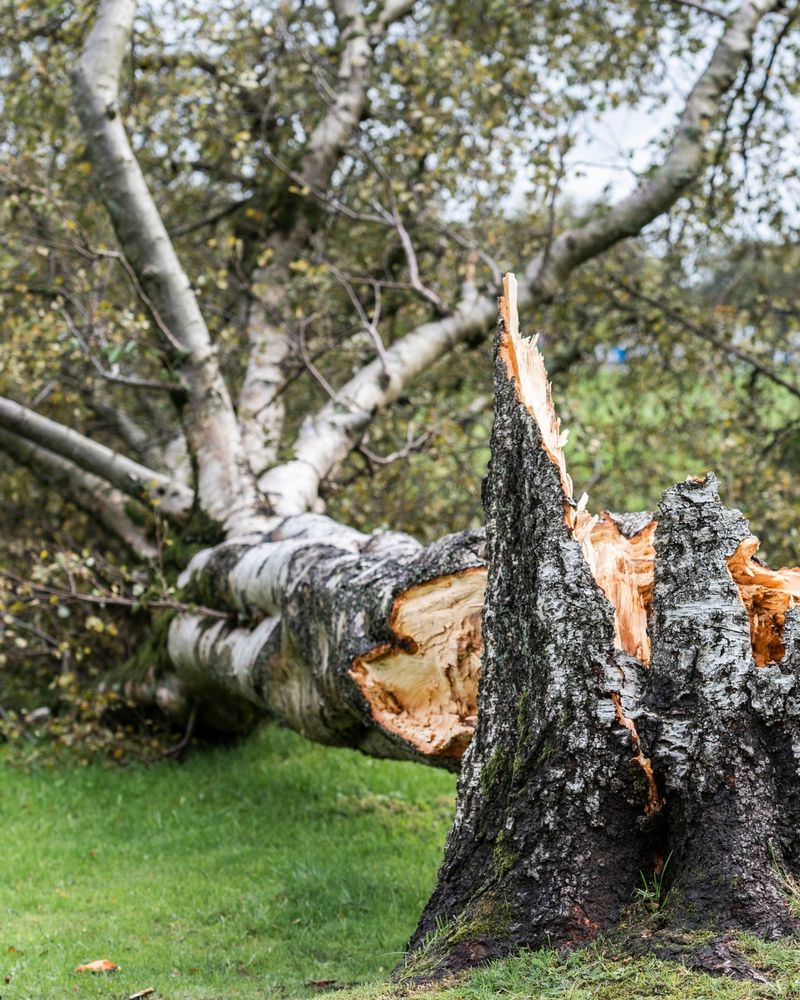
Your neighbor becomes liable only when you can prove they were careless. Did you warn them about the dying tree beforehand? Was the tree obviously diseased or leaning dangerously?
Written records, photos, and witness statements strengthen your case significantly. Many homeowners take pictures of concerning trees and send certified letters to neighbors expressing worry.
Without proof of negligence, you’ll likely cover your own damages regardless of where the tree originated.
3. Check Your Homeowner’s Insurance Coverage
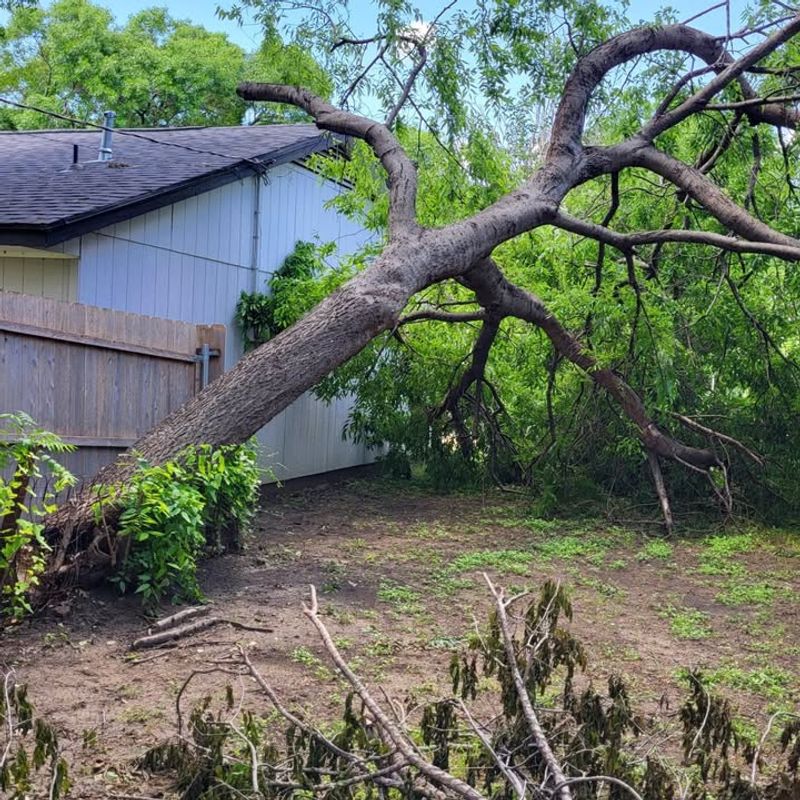
Most homeowner policies cover tree damage to structures and sometimes landscaping. Review your policy carefully to understand what’s included and your deductible amount.
Insurance companies often handle fallen trees as sudden events, similar to storms. Your insurer might pursue the neighbor’s insurance if negligence is clear, a process called subrogation.
Contact your agent immediately after damage occurs to start the claims process without delay.
4. Document Everything Thoroughly From The Start
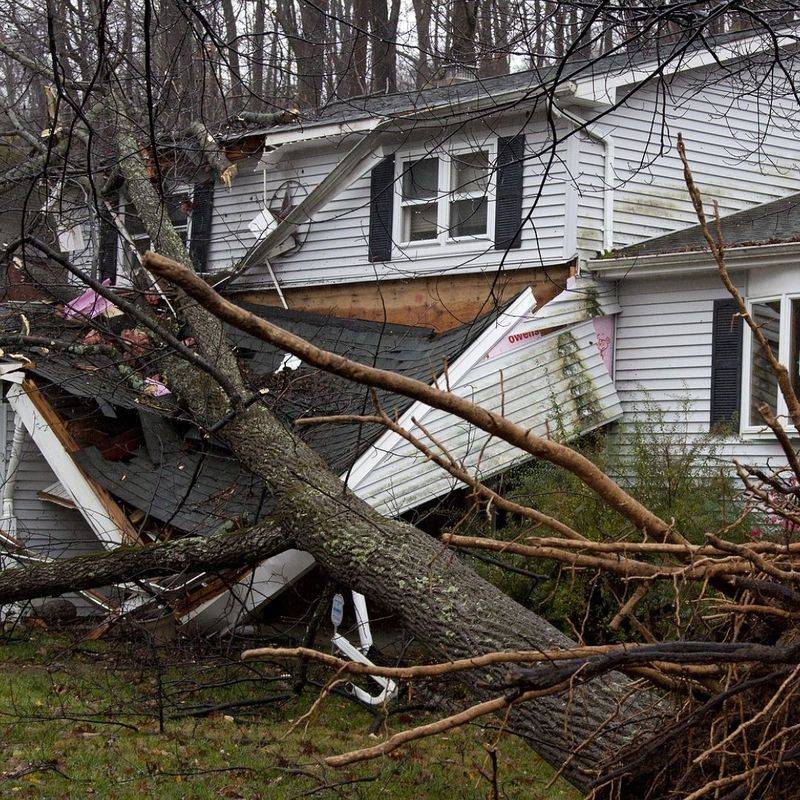
Take extensive photos and videos of the fallen tree, property damage, and the tree’s origin point. Capture images showing the tree’s condition before removal.
Written records of conversations with neighbors, contractors, and insurance agents prove invaluable later. Save receipts for all expenses, including temporary repairs and professional assessments.
Detailed documentation protects you legally and financially, whether you file claims or pursue legal action against negligent neighbors.
5. Get Professional Tree Assessments When Needed
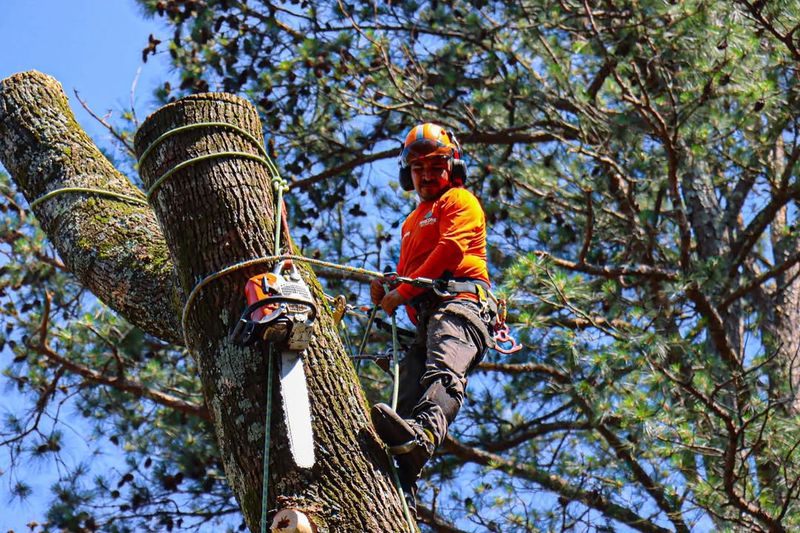
Certified arborists can evaluate whether the fallen tree showed prior signs of disease, decay, or structural weakness. Their expert reports carry significant weight in legal disputes.
An arborist’s written assessment helps establish whether your neighbor should have known about dangers. These professionals identify warning signs like fungal growth, hollow trunks, or root damage.
The investment in professional evaluation often pays off when proving negligence or defending against unfair blame.
6. Communicate Calmly With Your Neighbor First
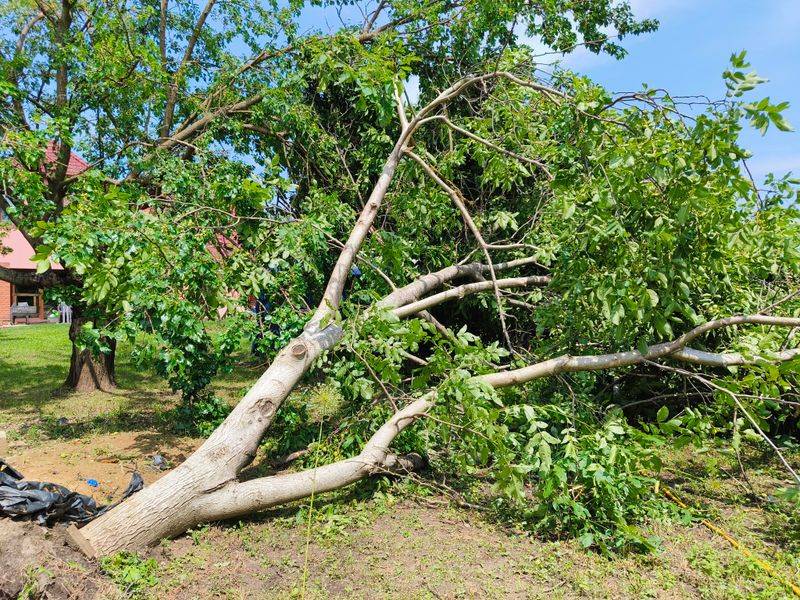
Approach your neighbor respectfully before involving lawyers or insurance companies. Many disputes resolve through friendly conversation and cooperation.
Explain the situation clearly and share your concerns without accusations. Sometimes neighbors willingly contribute to costs or split expenses fairly, especially when relationships matter.
Written follow-up emails or letters after conversations create helpful records. Maintaining good relations benefits everyone, particularly when living side-by-side long-term in the community.
7. Know When To Consult A Property Attorney
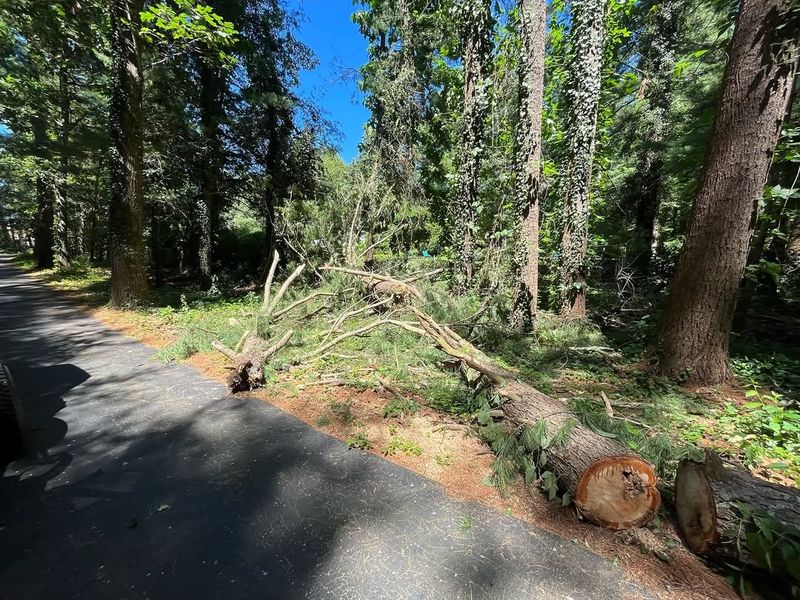
Significant damage or uncooperative neighbors may require legal expertise. Property attorneys understand Massachusetts laws and can evaluate your case’s strength.
Many lawyers offer free initial consultations to discuss your situation and options. They handle negotiations, insurance disputes, and court proceedings if necessary.
Legal action becomes worthwhile when damages exceed several thousand dollars or when clear negligence exists. Small claims court handles smaller disputes without requiring attorneys for either party.



